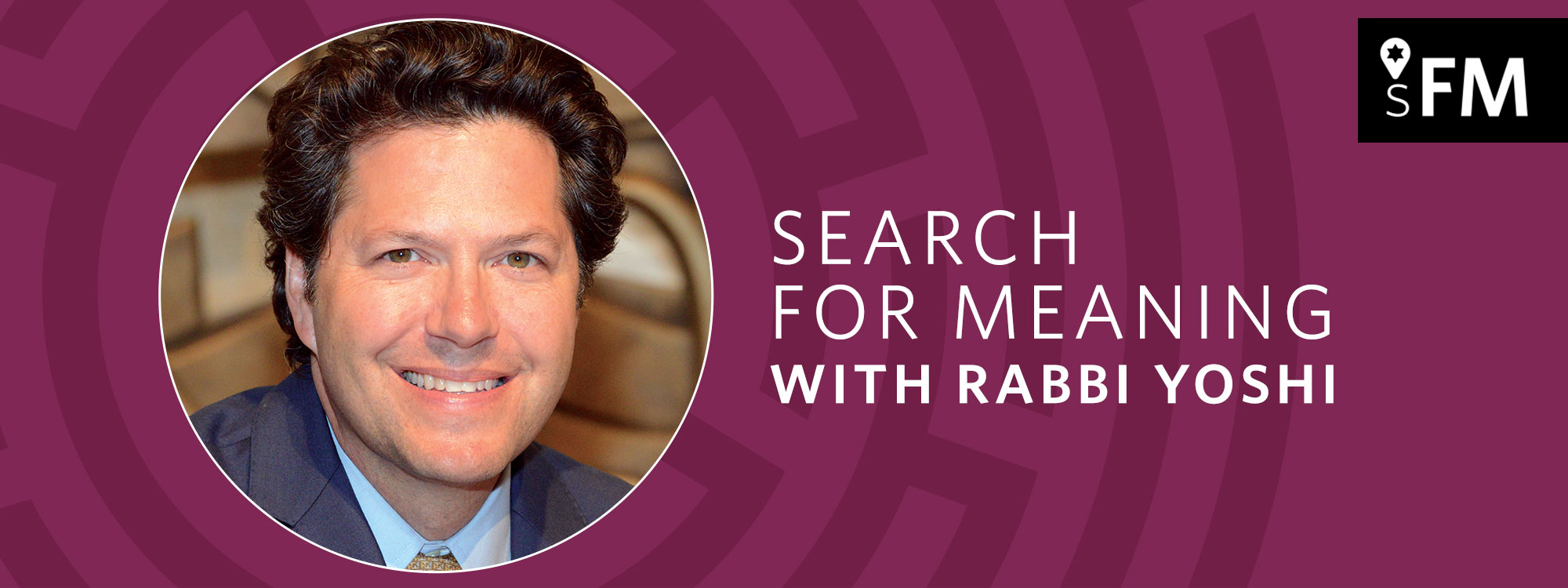One of the most widely practiced traditions of our Day of Atonement is going without food or drink from sundown of Erev Yom Kippur through the end of our Ne’ilah prayers when we see three stars in the sky. This custom goes all the way back to Biblical times (Leviticus 23:27).
Jewish law, however, makes exceptions to the fast for health reasons. If one’s doctor instructs (or even if the individual feels it necessary to eat not simply because they are hungry, but for medical reasons), the obligation of fasting is suspended. Instead, it becomes obligatory to eat and drink for the purpose of saving a life (pikuach nefesh).
The lesson is clear: As important as the spiritual component of the fast is for our process of making teshuvah, one’s physical health is the ultimate value. A story is told about Rabbi Hayyim Soloveitchik of Brisk (1853-1918): He was once asked why he was so lenient in permitting and encouraging sick people to eat on the Day of Atonement. He replied: “I am not lenient about fasting on Yom Kippur. On the contrary, I am very strict when it comes to saving lives!”
Now is the time of turning, of making amends, and apologizing to those we have wronged. Now is the time to ask for and offer forgiveness. On Yom Kippur, we should have a meaningful fast (as long as it is medically advisable!) that will remind us of the ways we have fallen short in the year that has passed, as well as of our obligation to feed the hungry, who go without food because they have no other choice.
As we reflect on the way our tradition has mindfully and compassionately created protocols for observing this fast safely, let us be ever more grateful for the gift of our bodies, for our health, and for the blessings of each and every day.
Shabbat Shalom,

Rabbi Yoshi

